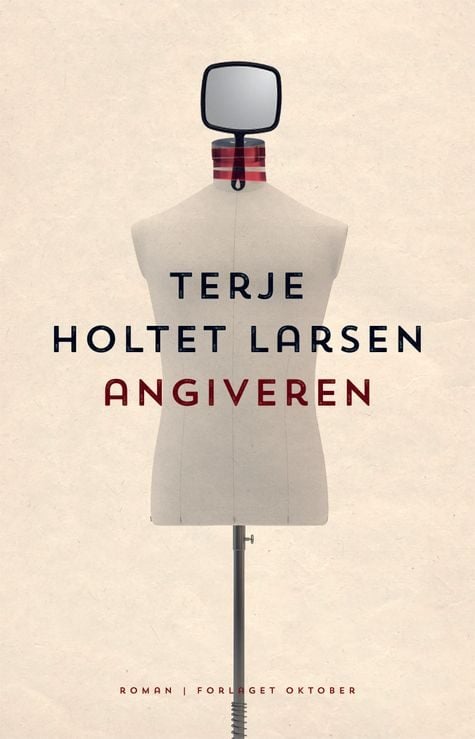The Informer
Shortlisted for the Young Readers’ Critics Prize (Norwegian version of Goncourt des lyceens) 2016 Longlisted for the P2 Listeners’ Novel Prize 2016 Two men in their mid-fifties meet on a metro platform in downtown Oslo one Sunday in June. One is a writer, the other is Andreas Sanner, an accountant and a widower. Both of…
Shortlisted for the Young Readers’ Critics Prize (Norwegian version of Goncourt des lyceens) 2016
Longlisted for the P2 Listeners’ Novel Prize 2016
Two men in their mid-fifties meet on a metro platform in downtown Oslo one Sunday in June. One is a writer, the other is Andreas Sanner, an accountant and a widower. Both of them have gone underground, and both are doing a sort of penance. In the midst of the swirling crowds, they seek each other out.
The Informer is the novel Terje Holtet Larsen’s author character does not want to write. With finely crafted phrases and intricate sentences, the narrator seeks refuge from the Norwegian cultural elite. Larsen is a distinct, merciless humorist, whose dizzying fictional constructions hold up a mirror to existence of the oil blessed cloud cuckoo land which is Norway.
“A novel of great artistic merit … Not just a powerful metafictional story, not just packed with knowledge of other writers, but also packed with sharp, hysterically funny humour, articulated in swinging prose – almost every single sentence could be quoted alone for its precise phrasing or resonance … insightful writing, also about the human mind … at times reminiscent of several of Solstad’s best novels”
6/6, Dagbladet
“Larsen is disillusioned and furious – furiously funny … Many writers comment on the debate about truth and literature this autumn, but no one does it in such a complex, painful and witty as Terje Holtet Larsen. There is something affected about Larsen’s style, something old-fashioned about the phrasings, which both annoys and amuses me … The Informer is not only about loneliness, disillusion and identity, the novel has an unexpectedly explicit social profile taking an aim at snobbery and greed. It is a suitable dose of rage which gives vitality to a text which is otherwise dominated by worthy and witty ennui”
Dag og Tid
“Cheerful and cunning … Larsen references American and continental writers like Thomas Bernhard and Henry Miller, but he is himself among the few Norwegians writing ‘humorous fiction’, in the tradition of John Kennedy Toole or Howard Jacobson. Life is a tragedy, any attempt to escape life is a farce. All you can do is laugh at it.”
Dagens Næringsliv
“A refined novel by a writer who can remind you of Dag Solstad, about life among Christian-social democrat moralists … at its best the text is razor sharp and sensuous in its duel with a Norwegian public that doesn’t merely invite contempt, loneliness, apathy and boredom, but also dwells on numerous secrets and objects of fascination”
5/6, Stavanger Aftenblad
“Literary critique of our times which is both snobbish and sharp … And there we find this novel, quivering, stretched out between comedy and tragedy, between distanced cynicism and intimate vulnerability. It’s wonderfully done”
NRK

